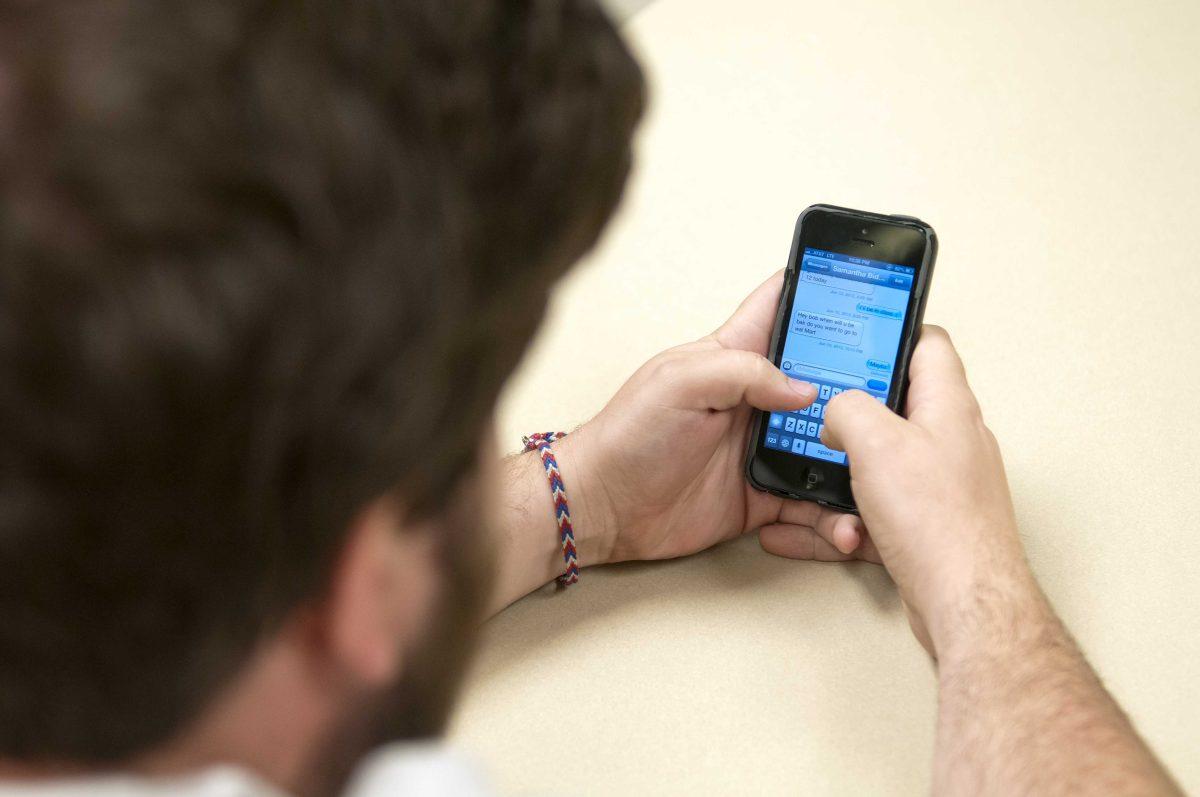With the introduction of new technologies, today’s human interaction is counterintutive to its own definition, and communication has become significantly depersonalized with the emergence of the Internet and smartphones.
The need for instant gratification has complicated the simple traditions in life, and often, we need to step away from our busy technology to enjoy basic interaction with others.
The other day, I was sweating over a cream soda with my roommate on our Garden District back porch and dwelling on what comes next after graduation and, oh, how quick it seems to come. And in that moment, we stopped to slow down just a bit.
I arrived at a particular question that set in motion many more questions amongst us. I asked, “How much of an effect will digitalization have on us other than setting and resetting the pace of life?”
In particular, handwriting is a sure mark of someone’s contribution and self-reflection. While continuing that thought, I also asked, “What will happen to our abilities to express ourselves with the correct words? What will happen to dialogue between humans and their diction?”
In a tech-savvy world, we find ourselves becoming distant from one-on-one conversations and more reliant on e-mail and texting, which is merely instant communication that is all together unavoidable, inerasable and so impersonal.
Both are incredibly efficient — in many ways too efficient — means of communication, but we lose our identity in the process.
E-mail signatures have been included in an attempt to personalize these electronic letters, but nevertheless, it is not our handwriting. And now that texting has removed all emotion from the message, texters must instead use emoticons. It seems to be harder to distinguish ourselves. Subsequently, this makes it increasingly difficult to express sincerity and affection in unique ways.
Many believe that technology has all but wiped-out the traditional ways of doing things and diminished the art in doing these things, like letter writing. When visiting my mother’s childhood home in Donaldsonville, my favorite past-time is rummaging through all the old letters between my grandparents and their children, or business letters between my grandfather and long-time clients. These are priceless treasures for a grandchild who never had the opportunity to know such crucial characters in his life. E-mail doesn’t have this effect.
After reading an e-mail, you symbolically burn it, and it is forever gone. It will never be saved in some computer data network.
In an attempt to reduce the number of my daily calls and texts, I proposed an attempt to return to these old fashioned ways with my mother. Instead, I’ll be picking up pen and paper in hopes that my children will to be able to read such letters.
Though in this case, instant gratification ended up prevailing. Bless my mother’s heart; patience is one of her many virtues, but not when it comes to knowing the day-to-day wellbeing of her children and grandchildren.
Other arts have diminished with the advents of these progressive technologies. Storytelling is not the same when there is photo evidence of last night on Facebook. And when people are so focused on getting the picture, they are not enjoying the moment.
These progressive means of communication are wonderful ways to keep in touch, but they have never facilitated proper ways to endorse solid human values of sincerity, patience and thoughtfulness.
So next time, let someone know you really mean it. Write them a letter.
Chris Ortte is a 22-year-old political science senior from Lafayette.





